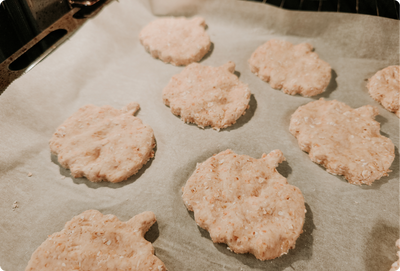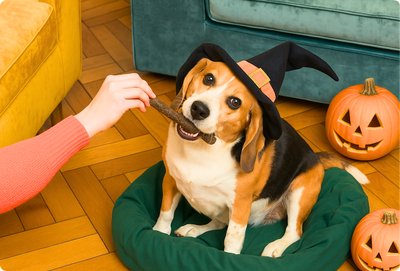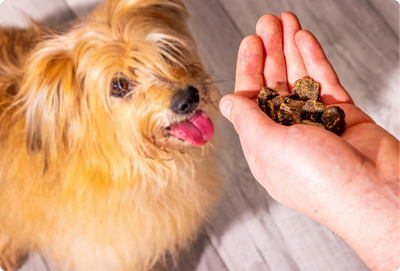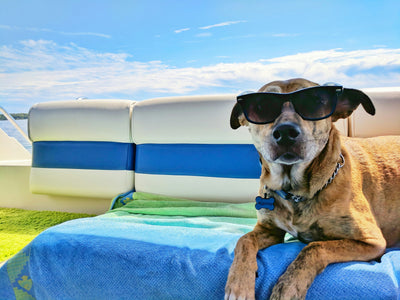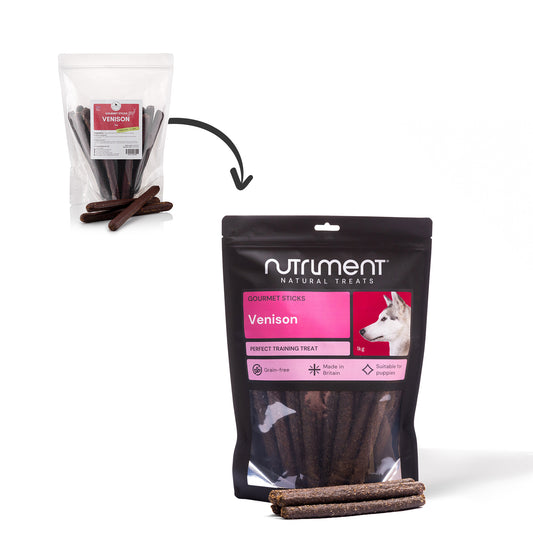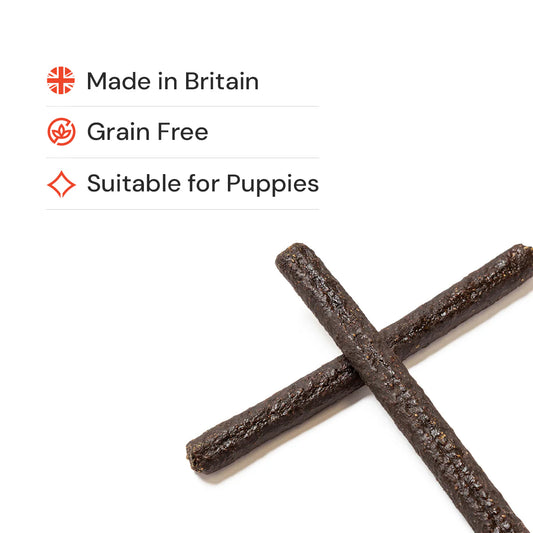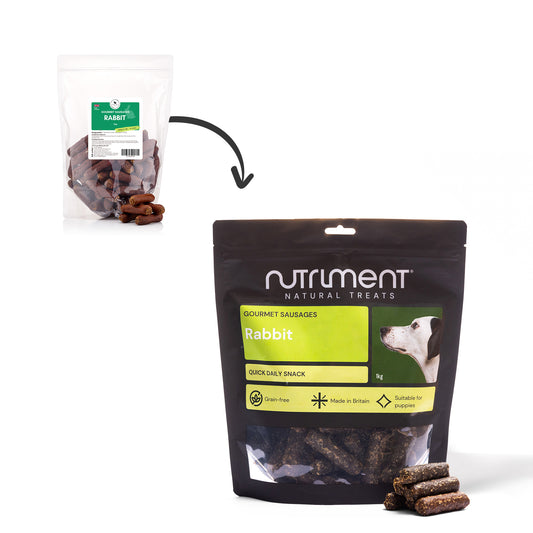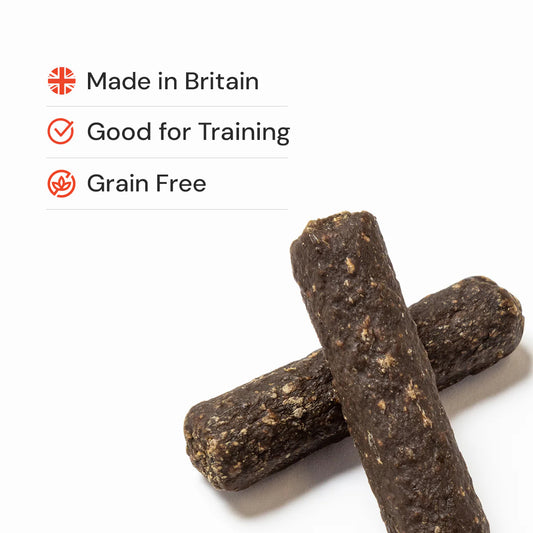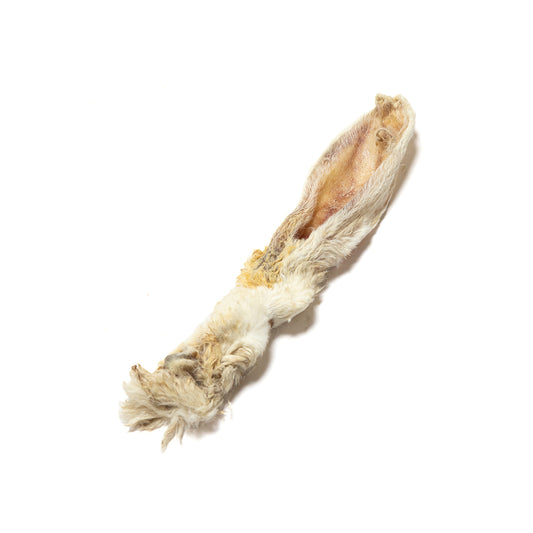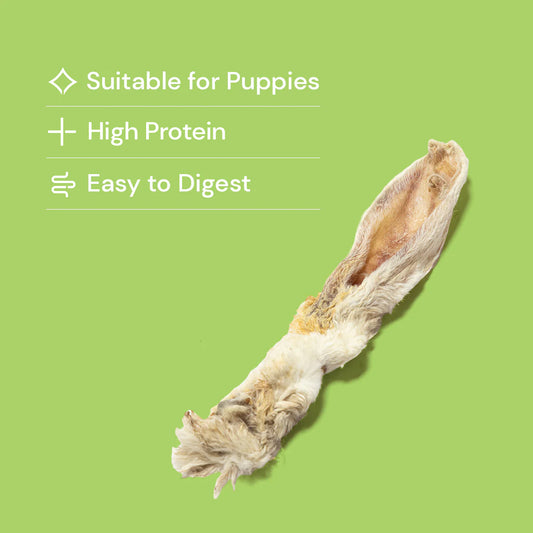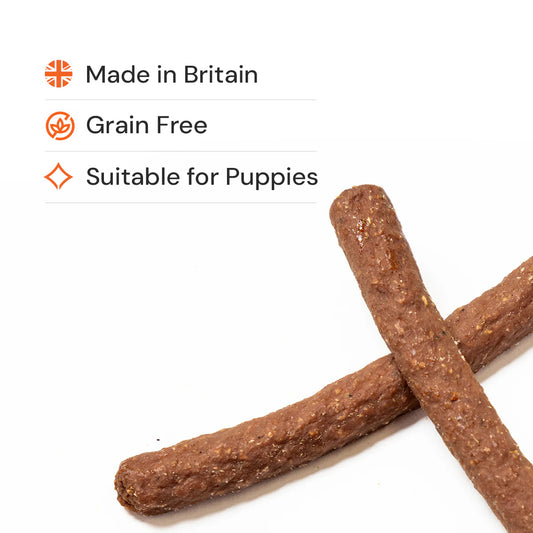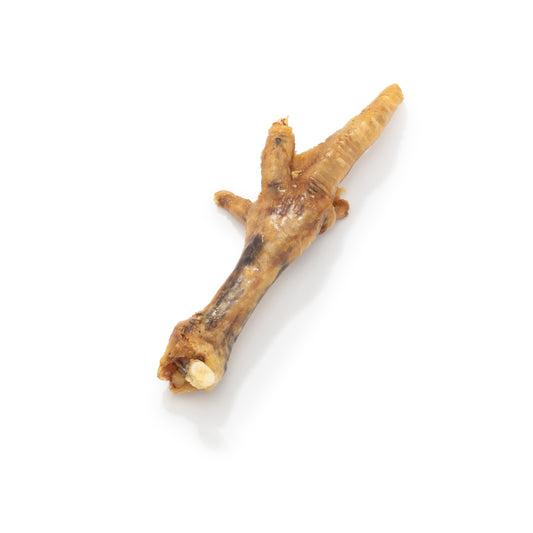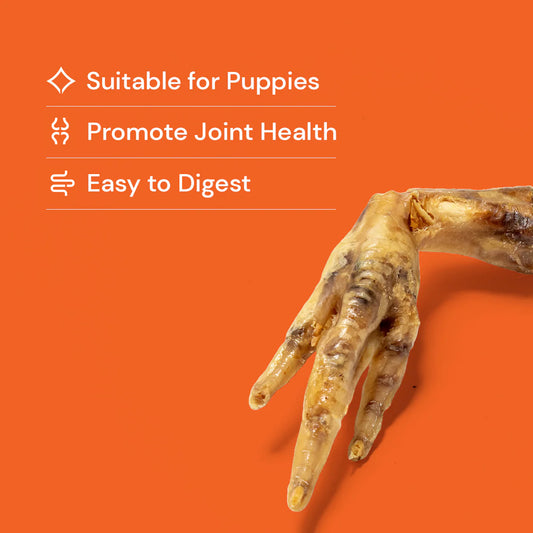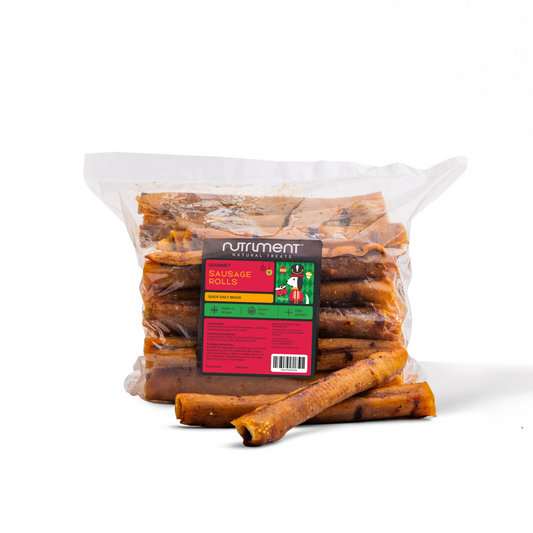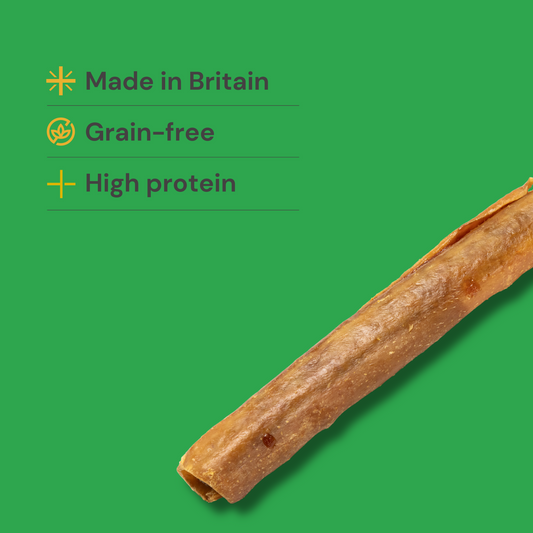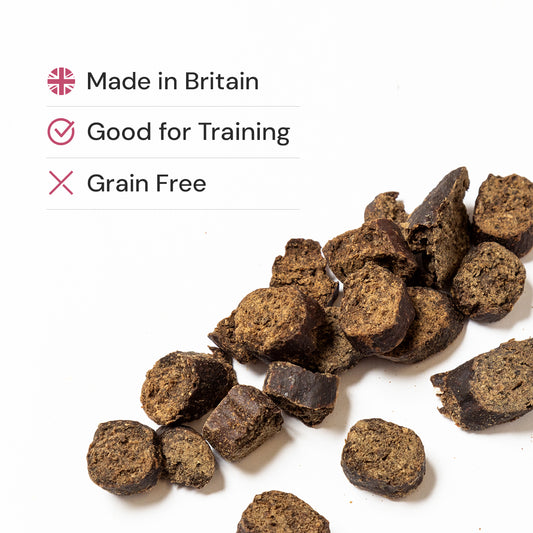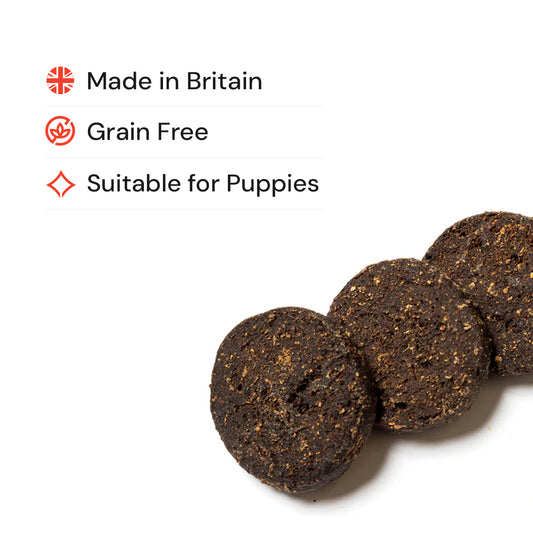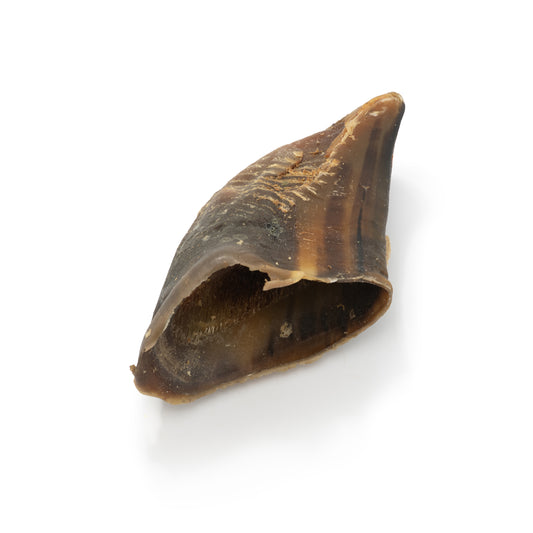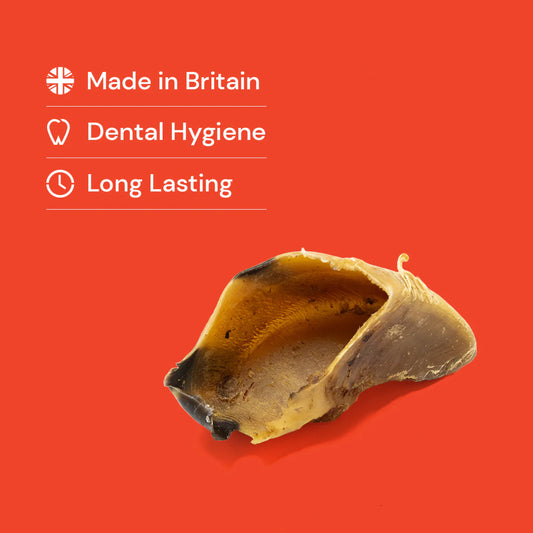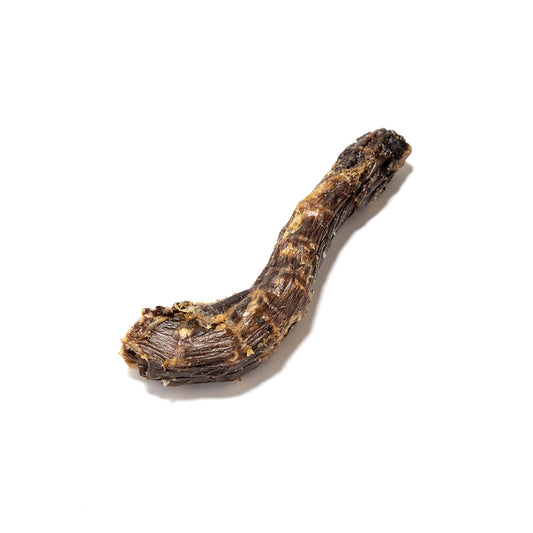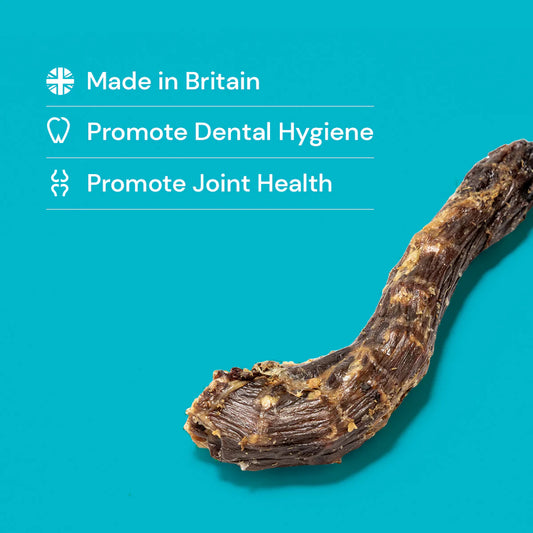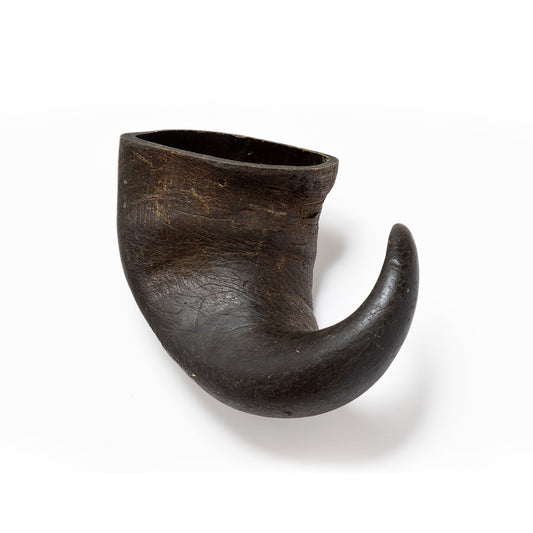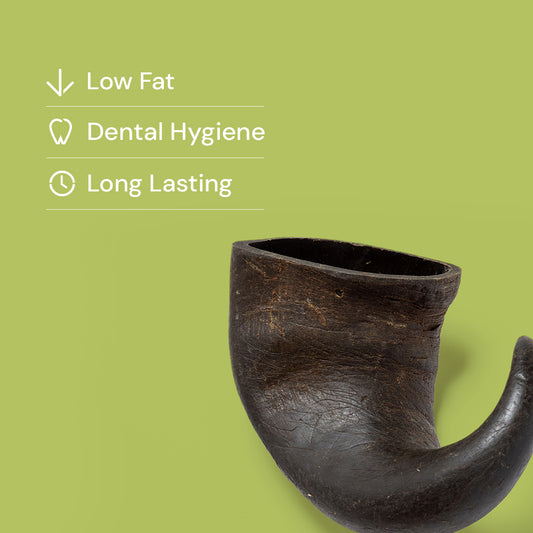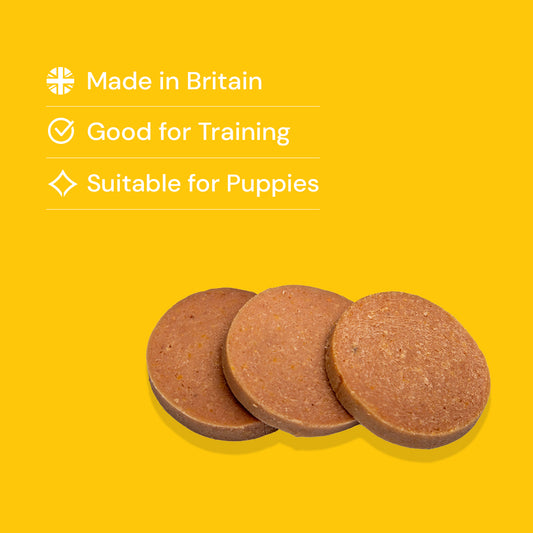
(Written by Georgia Hatton)

Christmas is an exciting time of the year - with new toys, special treats and long winter walks, all to look forward to! Unfortunately for our dogs, some of this excitement comes with a little bit of danger, so here are our top 10 tips for helping Christmas with your canine go safely:

1. Decorations
Tinsel, Baubles and String are irresistible to the most inquisitive of pets and all can prove problematic if ingested, whilst lights, if chewed up, carry a risk of electrocution. Closely supervise your pet around decorations - ideally never leave them unattended in the same room - especially if they are young!

2. Chocolate
Chocolate is amongst the most well known toxic food for dogs and may cause increased heart rate, vomiting, diarrhea, seizures and even death. The amount of theobromine (the toxic ingredient) present depends on the type of chocolate, but as a general rule of thumb the darker it is, the more it contains. Keep those selection boxes tightly shut!

3. Alcohol
Alcohol consumption in pets can result in heart arrhythmias, tremors and seizures. Keep your half-drunk tipples out of your dog's reach!

4. Raisins and Grapes
The method of exactly how grapes and raisins poison dogs is unknown, but it is clear that they can induce kidney failure. The amount required to produce this seems to vary between individuals, with as little as a small handful being a fatal amount. Mince pies, Christmas cake and pudding are all packed full of them, so are best kept away in cupboards!

5. Sweets
Some sweets contain artificial sweeteners which can cause havoc! Xylitol is especially potent as it “tricks” the body into believing their blood glucose levels are higher than they are. This triggers a massive release of insulin and the resulting hypoglycemia (low blood sugar) can be fatal. Fortunately it isn’t a popular sweetener in the UK, but it’s definitely wise to be careful to keep sweets out of reach!

6. Toys
Parts from children's toys can break off and the inquisitive canine may swallow them. Small pieces can pass through without an issue, but larger ones can cause intestinal obstruction and sharp edges could cause damage to the gut. Keep toys out of reach and provide your dog with appropriate alternatives to chew on!

7. Festive Food
It is best to stick to your pets usual diet over the christmas period as any sudden changes, including lots of treats, can result in a stomach upset. Be extra careful with leftover christmas dinners as cooked poultry bones, including those from turkey, can splinter.

8. Parties
Whilst some dogs are the life and soul of a party, and enjoy mingling with the guests, for many others, it’s a cause of unwanted attention and disruption to routine. Set ground rules with your guests - for example, leave your dog alone whilst they are sleeping and not feeding the scraps from the table - before they come over, especially if they have children! Provide your dog a safe, quiet space where they can relax undisturbed.

9. Rock Salt
Rock salt used to spread on the roads can be irritating to your pets paws, causing them to become dry and cracked. Furthermore, if ingested, the sodium content can lead to complications such as excessive drooling, vomiting, diarrhoea and (in extreme cases) death. Wash your dog's feet after walks and apply paw balm to keep those pads soft!

10. Winter Walks
As the weather turns colder and the nights get darker, it can be all too tempting to forgo a walk for a day in the warmth. Whilst the occasional lazy day will surely be appreciated by your dogs, regular exercise is still important. If your dog is very young, old or short coated, consider investing in a good quality coat to keep the chill off. Light up the darkness with lights for your dog’s collar and a head torch for yourself. And for those days when you just can’t face the cold, be sure to offer your dog an alternative form of enrichment - one of our long lasting chews is a great source of entertainment, whatever the season!

Zym enjoying the snow during our lunchtime walk
It’s best to be prepared - so make sure you keep your vets phone number and opening times handy just in case you need it.

